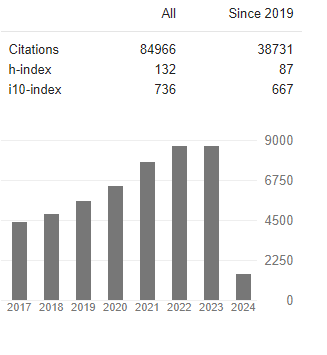Is Zygotic Genome Activation the First Secular Task of the Soul? A Quick Closer Look at Ibn Sina’s Scientific Heritage
Abstract
Zaabal Magdy Mohamed and Wahid Mohamed Ahmed
In science and philosophy, everything is connected. In the current study we try to provide an intellectual and cultural survey about most of the ideas and theories of the soul and its amazing manifestation. With emphasis on Ibn Sina’s theory of the soul creation specifically his profound vision about duality explaining its structure from a medico-philosophical perspective. It goes without saying that the ancient Egyptian philosophers were the first to analyze the components of the soul and its five divisions, the most important of which is Ib (heart). Then, Greek philosophers, Aristotle, Plato, Socrates and others had made a significant contribution to explaining what the soul is? Perhaps the most distinctive feature of this article is the presentation, discussion, and interpretation of Ibn Sina’s theory of the soul creation from its philosophical, religious, and genetic aspects. In our humble belief, the word zygote could not have been borne, coined, or even understood in any philosophical or scientific context without the soul. Simply put, without the soul there is no zygote, and therefor there is no life. Hence, we assume that, at the moment of the first division of the zygote cell into cleavage, the soul immediately joins it to begin its sacred tasks of activating the functional genes that lie deep within the germ cells (latent power) to create the newborn organism; this is why the zygotic genome activation (ZGA) is the first task of the soul. Therefore, this article proposes a new definition of the soul as follows: Is the soul the divine code that regulates and activates the genetic code of an organism?




